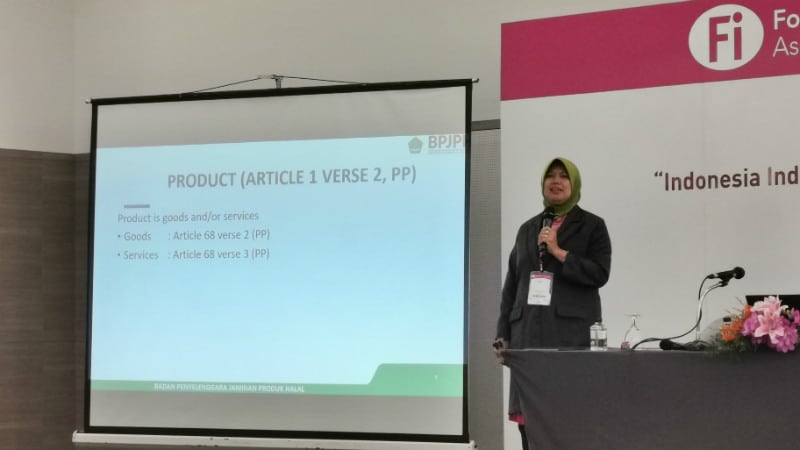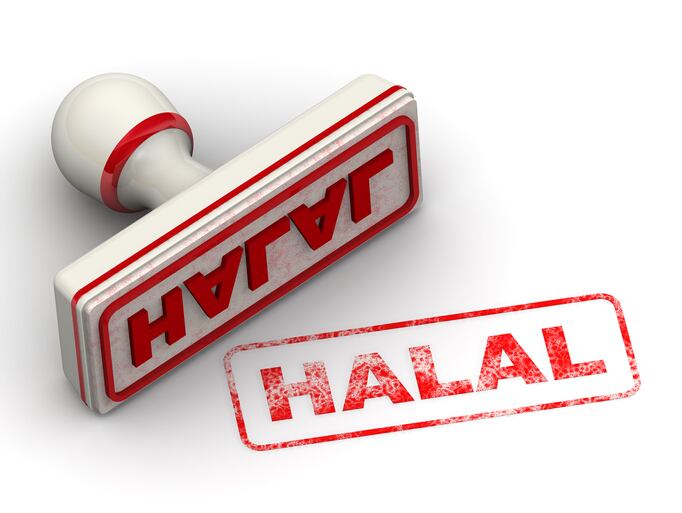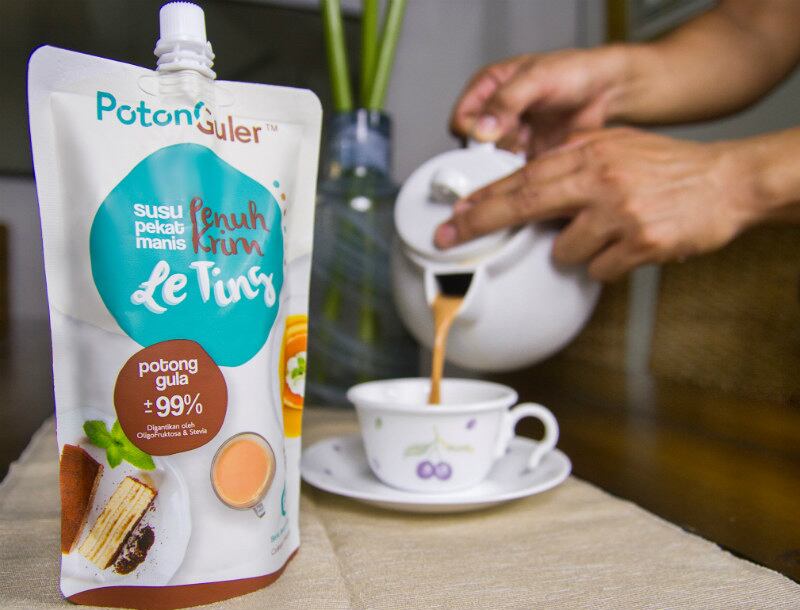This enforcement is five years in the making. It was first announced in 2014 and its implementation was recently confirmed via Presidential Degree earlier this year.
Speaking at the Halal Perspective in ASEAN Country conference held as part of the recent Fi Asia Thailand 2019 show in Bangkok, BPJPH Head of Cooperation Division Dr Subandriyah sought to shed light on the new certification processes for F&B businesses looking to get halal-certified in Indonesia.
“The aim here is twofold: To provide convenience, security, safety and certainty of the availability of halal products for the public [and] increasing the added value for business operators in producing and selling halal products,” she said.
“One of the main things this new system will do is to unite all the relevant bodies that are involved in halal certification, including BPJPH, MUI and other law enforcement agencies.”
In this ‘new era’ for halal certification in Indonesia, BPJPH will shoulder the main role of facilitating halal certification processes between the various organisations that are involved, though separate halal inspection agencies will be the ones to ascertain whether a business is halal.
“The mechanism for certification will be something like this: For example for F&B MNCs, the company submits an application to BPJPH, we will check the data and if it is complete will pass this on to the relevant Halal Inspection Agency (HIA) to do an audit. The HIA has to send the audit results back to BPJPH within maximum 10 days,” explained Dr Subandriyah.
Halal inspection agency roles can be performed by government institutions, universities or Islamic non-governmental organisations. These halal inspection agencies need to be accredited by BPJPH.
“Following this, BPJPH will send the HIA audit result to MUI, who will then do give its fatwa, or Islamic ruling within 30 days. This result will be sent back to BPJPH who, if approved, will document and administer halal certification for the company within seven days.”
Once issued, a halal certificate is valid for four years.
“For other companies such as SMEs, the process will be almost the same, except there will also be the involvement of a Halal Centre that offers guidance and assistance to navigate the process,” added Dr Subandriyah.
Another important point to note is that under Article 56 in the relevant law, which is the Law of Republic of Indonesia Number 33 Year 2014 Concerning Halal Product Assurance, article 56 states that severe penalties will be dealt out to companies that fail to observe halal regulations after October 2019.
According to the relevant legal document as published on the United Nations Food and Agriculture Organisation (FAO) website: “[Businesses] that do not maintain the halalness of products that have obtained halal certificates [are] punishable with imprisonment for a maximum of five years or a maximum fine of IDR2bn (US$140,939).”
There are also measures in place to protect the businesses: Article 57 in Law 33/2014 states that halal inspection agencies that fail to ‘maintain the secrecy of the formula included in the information that is submitted’ by businesses will be punishable with a maximum of two years of prison or a maximum fine of IDR2bn (US$140,939).
Concerns and challenges
Dr Subandriyah also highlighted a number of concerns and challenges with implementing the new system.
“Come October 17, we will start with implementation of this system for F&B products, but after that we still have to look at phasing in other product types that require halal certification,” she said.
BPJPH will also have to keep an eye on costing charges for halal certification, which are required to be ‘efficient, affordable, and non-discriminative’ as per Article 61 in the Presidential Decree.
Responding to concerns highlighted by companies as to the validity of halal certificates issued prior to the new law, she said that these would remain valid for the remainder of their stipulated validity period, but upon expiry renewal submissions would need to be submitted to BPJPH, as per both the 2014 and 2019 laws.





